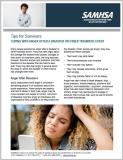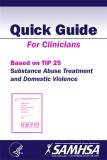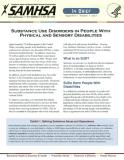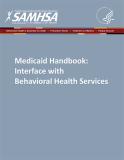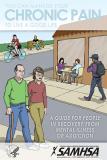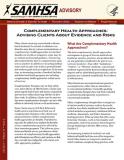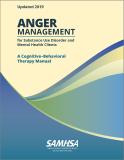
This updated manual contains a 12-week cognitive–behavioral anger management group treatment model. The content includes specific instructions and suggested remarks for group leaders, and exercises for group members. This model will work in a variety of clinical settings, and with diverse audiences.
Units per Product
Download
Anger Management: Therapy Manual
File Type: PDF
File Size: 1.93 MB


